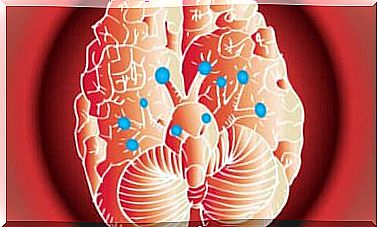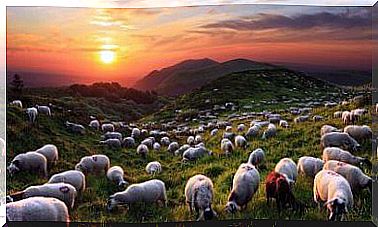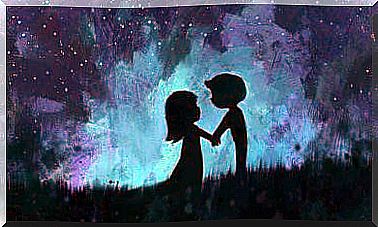This Short Film About Our Oceans Will Open Your Eyes To A Reality That We Must No Longer Ignore
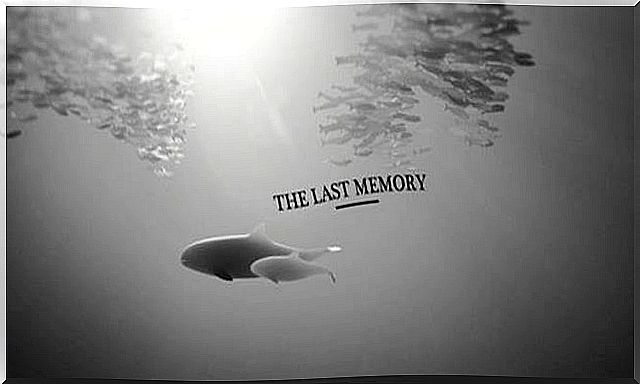
This short film opens with a sweet poetry. It submerges us in a world resplendent with white where shades of gray embrace us and tear from our memories a touch of sadness.
It takes us slowly forward in a marine universe where algae dance to the rhythm of the music before giving way to the queen of the seas: the whale.
This is not just any whale, but adorable porpoises. They are smaller than a dolphin and most of them live in the Baltic seas where they take advantage of the cold waters.
From the start of the short film, we take a liking to this whale and its accompanying cub. They swim together, dance and wave so distinctively using their triangular and tiny, very tiny dorsal fin.
In this short film of a little over 3 minutes entitled “The last memory”, Oliver Latta gives us in a delicate and masterful way a little story whose message leaves no one indifferent.
His intention was to show the world what is happening every day.
In our turn, we want to convey this message to you so that the song of our whales, the most majestic inhabitants of our seas, is not lost in an ocean of silence.
The “last memory of the ocean”, a story that should never end
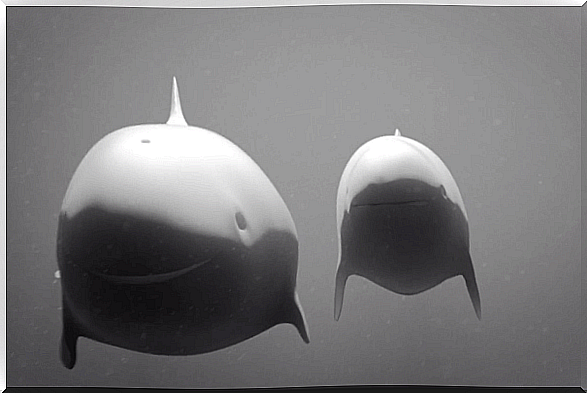
How about if we told you that it is estimated that there are only 300 porpoises left in the Baltic Sea today?
This is the sad truth about our oceans which are gradually losing their oldest inhabitants.
Porpoises, also known as “sea cows” because of their endearing and ruminant-like appearance, are on the verge of extinction.
According to an official report from the International Union for the Conservation of Nature, it is highly likely that porpoises are the next marine species to go extinct. These data are extremely alarming.
- Porpoises suffer from fishing activity. Most of them perish in the large fishing nets where they find themselves trapped with hundreds of other fish.
- Industrial fishing is an indiscriminate technique that is not about to change if we believe the current state of affairs.
- Here is a figure that will not leave you indifferent if you have a heart: According to estimates, there were still 170,000 porpoises in the oceans in 1994, but unfortunately more than 8,000 perish each year. It’s a shame.
- In reality, the situation is so serious that in many areas these whales are considered mythological animals, because they are hardly seen any more.
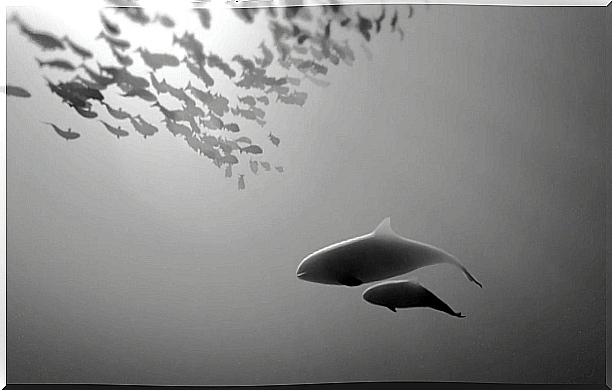
A breath of hope …
In recent years, scientists have developed a simple technique with which they hope to save porpoises, or at least delay their extinction.
What is this method? They recorded the sounds that porpoises make when they feel in danger or when they can, and then reproduce them through devices installed on fishing nets.
This technique not only prevents these small whales from becoming trapped, but also allows them to approach the risk area where fishermen cast their nets.
Many fishing companies use them these days, but not all of them, as the cost of installing these devices remains high.
Yet the Baltic Sea porpoise, a species of cetacean that is genetically different from others, is on the verge of extinction.
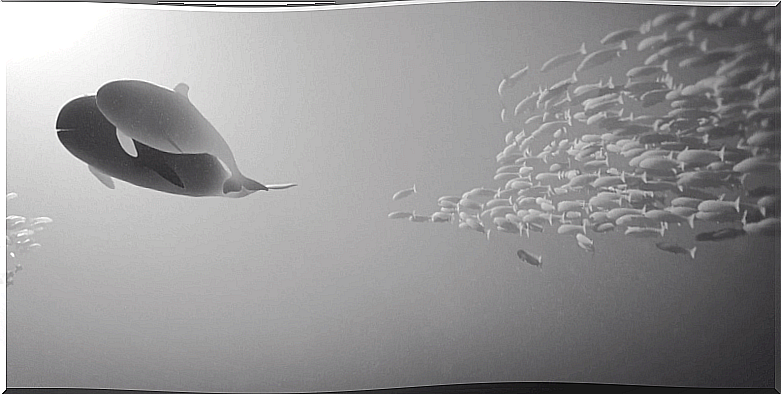
Her gray and soft skin, her sad song similar to that of sirens singing a lullaby will soon no longer be heard in the cold waters of the northern oceans, their natural habitat which is also a privileged place for fishing, hunting, oil exploitation, marine pollution. So many elements which, you can imagine, contribute to their extinction.
In the end, most of our sea gods will soon be nothing more than ghosts of the past, mythological creatures halfway between dream and oblivion.
We cannot overlook the fact that intensive fishing is killing our oceans, that the wild hunting of whales, dolphins, or sharks has irreversible consequences on the marine ecosystem.
Think about them. Share this video to prevent this from happening again.
